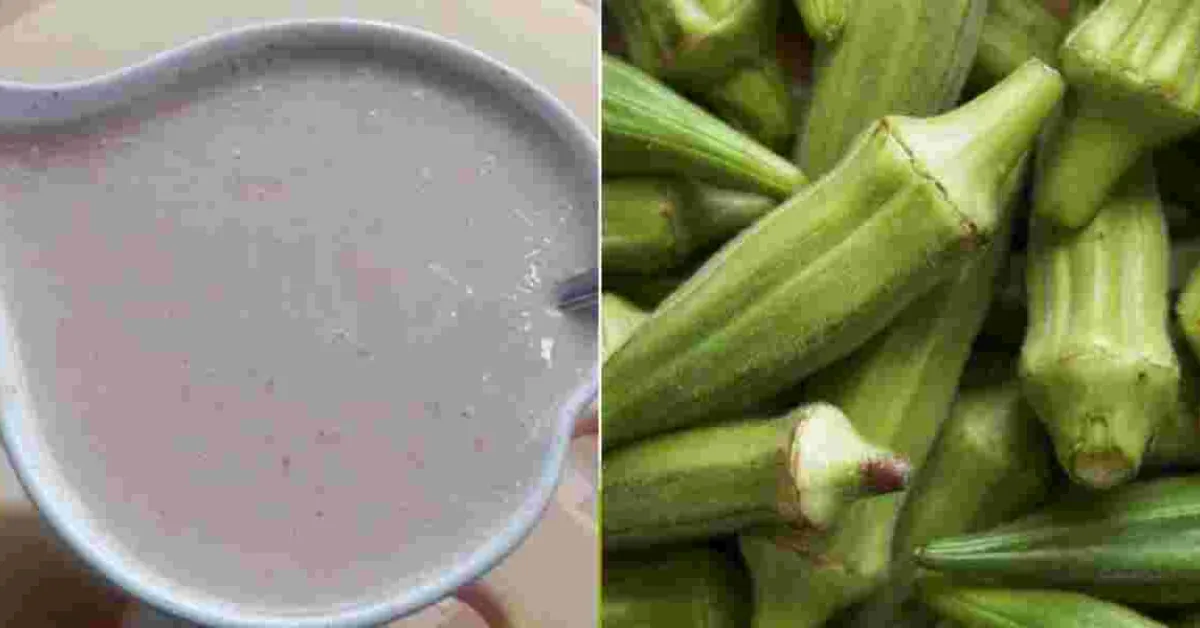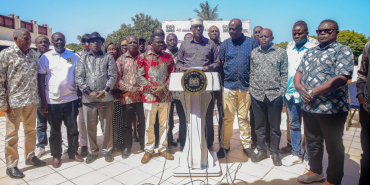KEBS Investigates Uji Power and Okra for Safety and Authenticity

The Kenya Bureau of Standards (KEBS) has initiated an investigation into the safety and legitimacy of two products gaining traction among Kenyan youth: Uji Power and Okra.
These products are claimed to enhance female sexual health, prompting concerns addressed by KEBS Director of Market Surveillance Peter Kaigwara. During a media workshop Q&A session in Naivasha, Kaigwara acknowledged reports about the products and pledged an immediate investigation. He directed market surveillance officers to conduct thorough testing and publicly disclose the findings. The primary objective is to ascertain if Uji Power and Okra comply with established safety and quality standards.
Okra, a popular vegetable in Asian and West African cuisine, is traditionally associated with various health benefits including lowering cholesterol and protecting heart health. However, social media has become a platform for conflicting claims about Okra's effectiveness in improving sexual health. While some users hail it as a wonder ingredient, others remain unconvinced. The price of Okra fluctuates between Sh80 and Sh300 depending on seasonal availability and geographical location.
Uji Power, on the other hand, is a familiar Kenyan porridge known for its perceived ability to boost immunity and energy levels. Traditionally sold in a calabash container, Uji Power typically costs Sh50 though prices can reach Sh100 in certain Nairobi stores. Its recipe incorporates ingredients such as arrowroots, sweet potatoes, milk, groundnuts, sugarcane juice, and cassava. Anti-Counterfeit Authority Director Henry Maina stresses the importance of consumer awareness regarding the identifying characteristics of genuine products. This knowledge empowers consumers to detect discrepancies or missing information that might signify counterfeit goods circulating in the market.
"To effectively identify counterfeits, consumers should familiarise themselves with the distinguishing features of authentic products. Such features will help in detecting discrepancies or omissions that may indicate a counterfeit item," he says.














Comments
So, when will KEBS complete…
Permalink
So, when will KEBS complete this study? How much will it cost the tax payer?
Add new comment